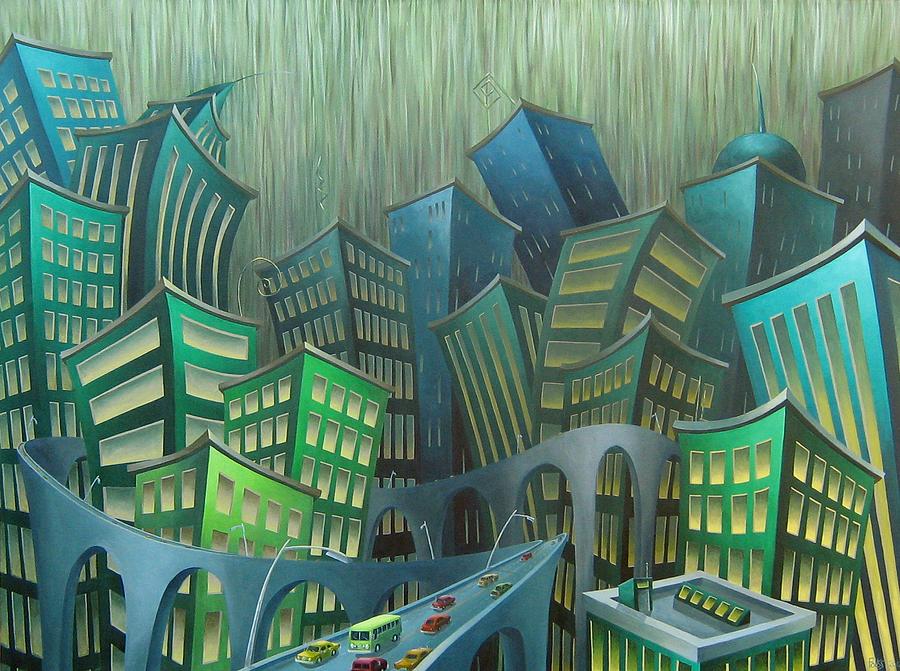Source: http://hdwallpapersfactory.com/wallpaper/nature_flowers_usb_tech_flower_plant_desktop_1280x800_hd-wallpaper-39978.jpg
It seems that today's generation is becoming more and more assimilated with technology. I have to admit, I am apart of that group as well. Ordering gifts and delivering them to other states via Amazon and having video conferences to other people around the world through devices such as Skype have completely changed the way we have communicated and functioned compared to twenty years ago. However, people have questioned whether or not theses changes are having an impact on the environment around them.
I read an excerpt from Earth in mind: On education, environment, and the human prospect, "Love it or lose it: The coming biophilia revolution" by David Orr, and he describes a duality between the environment and mankind. To put it simply, there are two kinds of people: people who are biophobic, and people who are biophillic. Biophobics, as described by Orr, are "increasingly common among people raised with television, Walkman radios attached to their heads, and video games ... living amidst shopping malls, freeways ... where nature is permitted tasteful, as decoration." (Orr p.186). Biophobics are people who are considered to be "afraid" of rural flora and fauna, and typically live in metropolises to avert nature by any means necessary. He continues on why this is occurring, stating that "Simply put, we tend to bond with what we know well." (Orr p. 193) and referring to this condition as "topophilia". Biophillics are considered to be the exact opposite, which is defined as "the urge to affiliate with other forms of life." (Orr p. 187)

Source: http://images.fineartamerica.com/images-medium-large/1-urban-jungle-eva-folks.jpg
I believe that Orr couldn't be further from the truth when regarding biophobics. I grew up in New York and was quite familiar with man-made towers and the urban jungles of Manhattan, but that doesn't mean I was completely naive or terrified at the thought of nature. On vacation, I spent a few days at El Yunque in Puerto Rico and was amazed at how diversified the wild life was and how close the residents were with it. Saying that residents of metropolises and large city environments have absolutely no appreciation on their impact is a very broad and negative statement, especially if the judgement is based on where that person came from, the technology they use, and the urban activities they enjoy.
However, not all Orr has to say is negative. "We want a civilization that will move toward some more intimate relation with the natural world or ... one that will continue to detach and isolate itself from both a dependence upon and a sympathy with that community of which we were originally a part?" (Orr 198). I agree with the fact that some part of humanity is out of touch from where they originally were created. Although not everyone has a major case of biophobia, there are individuals who believe that nature is full of creepy-crawlies and full of nightmares, and would rather see a parking lot than a tree. Humanity as a whole needs to educate those who are ignorant, and from that education they can make an effective opinion.
We don't need to create a large school system based on this ideology, it can start right at home with a family member. "I think we can safely surmise biophilia ... with active participation of parents, grandparents ... and other caring adults." (Orr p.200). If a knowledgeable parent or family member described to their child how significant the environment is to us and how much of an impact it has in the long term, I feel that we would have a less substantial impact on nature as a whole.
Source: http://tmacfitness.com/wp-content/uploads/2013/04/Beauty-of-nature-random4884759-1280-800.jpg
|
|
|
|
|
|
|
|
No comments:
Post a Comment